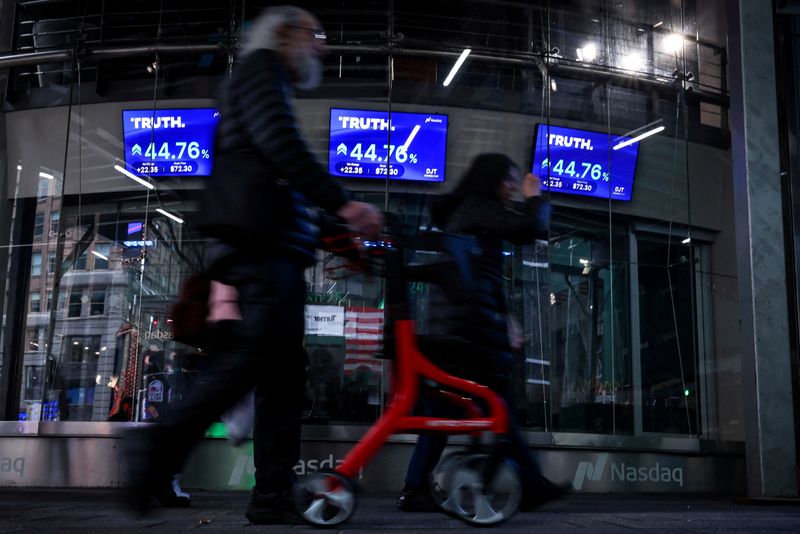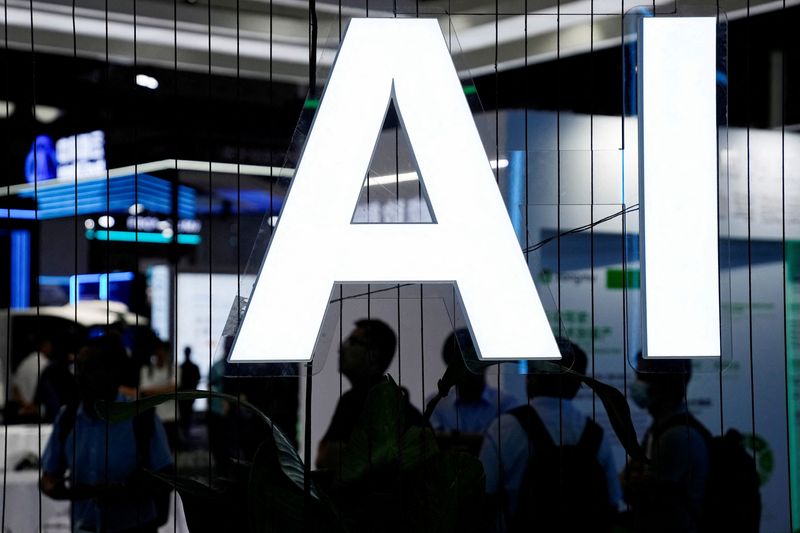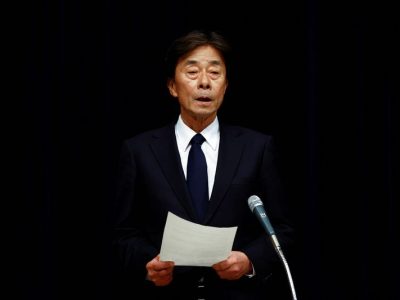
Investing.com — India’s government is contemplating reducing income tax for individuals earning up to 1.5 million rupees ($17,590) annually in the upcoming February budget. The goal is to alleviate the financial burden on the middle class and stimulate consumption as the economy decelerates, according to two anonymous government sources who spoke with Reuters.
This potential tax cut could provide relief to tens of millions of taxpayers, particularly urban residents grappling with high cost of living. However, the benefits would only apply to those who choose the 2020 tax system that eliminates certain exemptions, such as those for housing rentals.
In the 2020 tax system, income ranging from 300,000 to 1.5 million rupees is taxed between 5% and 20%. Any income exceeding this bracket is taxed at 30%. Indian taxpayers have the option of selecting between this system and a legacy plan. The latter offers exemptions on housing rentals and insurance but has slightly higher rates.
The sources, who wished to remain unidentified due to lack of authorization to speak to media, stated that the precise extent of the tax cuts has not been finalized. The decision will be made closer to the budget announcement on February 1.
The finance ministry has not responded to requests for comment. The sources declined to provide estimates on the potential revenue loss arising from the tax cut. However, one source suggested that lower tax rates might encourage more people to opt for the newer, less complex tax system.
The bulk of India’s income tax revenue comes from individuals earning at least 10 million rupees annually, taxed at 30%.
The proposed tax cuts could potentially stimulate the economy by putting more money in the hands of the middle class. India’s economy, the fifth largest in the world, has been growing at its slowest rate in seven quarters between July and September. High food inflation has also been impacting demand for a variety of goods, from personal care items to automobiles, especially in urban areas.
The government has been under political pressure from the middle class due to high taxes and wage growth that has not been able to keep pace with inflation.
This article was generated with the support of AI and reviewed by an editor. For more information see our T&C.












